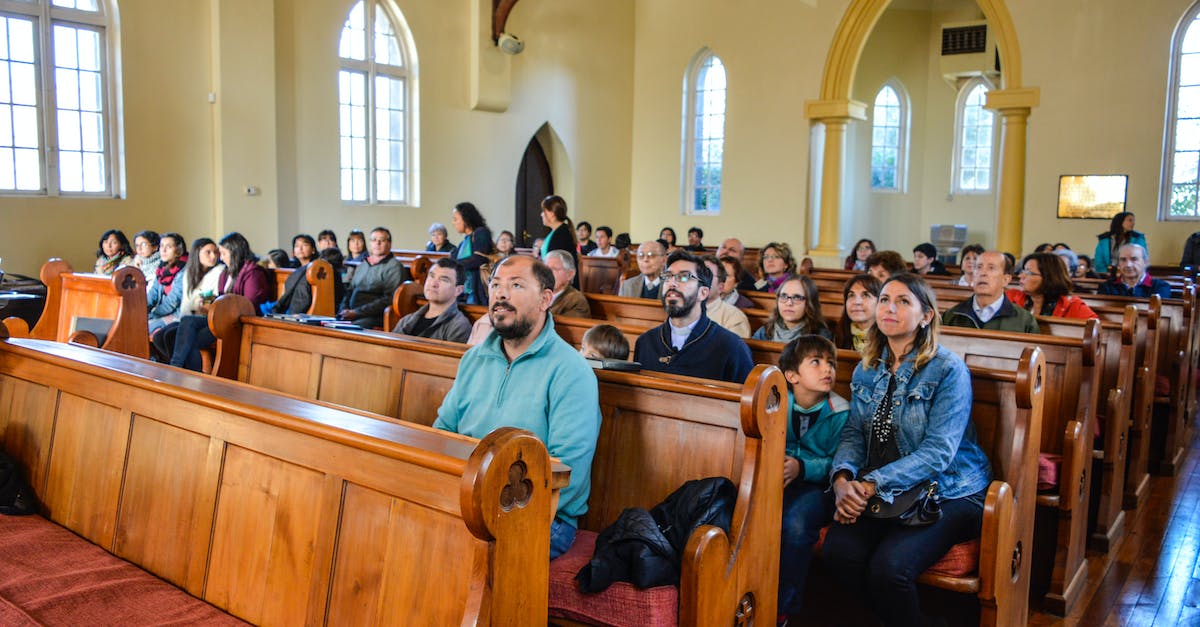How do our kids stay Christian? Some version of this question has animated both scholarly and pastoral discussion over the last several years, especially as the great dechurching marches on unabated. This is not merely an academic question, but one that has kept younger parents anxious as they watch more and more of their peers turn away from the faith.
Login to read more
Sign in or create a free account to access Subscriber-only content.
